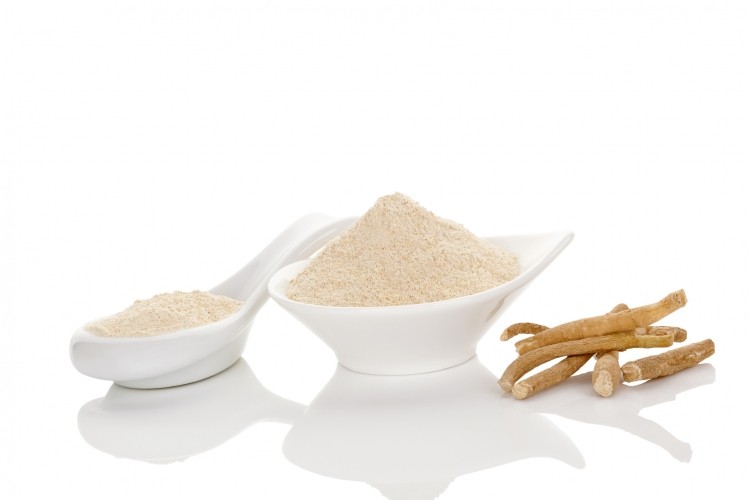Single ashwagandha dose may exert cognitive performance: Study

“Present findings provide the first clinical evidence that acute supplementation with ashwagandha (Withania somnifera) in healthy human subjects improves certain aspects of cognitive performance, including enhancing sustained attention and increasing short-term/working memory,” wrote the researchers in the International Journal of Environmental Research and Public Health.
The study adds to the ever-growing body of data supporting the potential benefits of Ashwagandha, which already include supporting a healthy response to stress, cognitive function, metabolic wellness, adrenal function, sports performance, and more.
Repeated supplementation vs one dose
Dr. Ralf Jaeger, Managing Member of Increnovo and co-author on the new study, told NutraIngredients: “Ashwagandha has adaptogenic properties that help to normalize physiological processes in times of increased stress. Early studies with repeated ashwagandha supplementation in healthy populations showed improvements in cognitive performance, however, it is currently unknown if a one-time supplementation with ashwagandha has already beneficial effects on cognition.
“In our proof-of-concept study we evaluated the effects of acute ashwagandha ingestion on different domains of executive function, including general attention, sustained attention, attentional shifting, and working memory.
“We found that acute ashwagandha intake helped to sustained attention in the psychomotor vigilance task test. While the average reaction time increased over the series of trials in the control group, ashwagandha helped to maintain reaction times, suggesting that participants’ ability to remain heedfully vigilant was better maintained, thereby helping stave off mental fatigue.”
Demand
According to a monograph from the American Herbal Pharmacopoeia (AHP), the herb has a history of use in ayurvedic medicine that dates back as much as 4,000 years to the teaching of renowned scholar Punarvasu Atreya, and in subsequent works that make up the ayurvedic tradition. The name of the herb derives from Sanskrit, and means “smells like a horse”, which refers to the strong smell of the root which is said to be redolent of horse sweat or urine.
According to HerbalGram’s Herb Market Report, sales of herbal supplements with Ashwagandha (Withania somnifera) hit $31.7 million in the US Mainstream Multi-Outlet Channel for 2020, an increase of 185% over the previous year. An additional $13.5 million in sales were reported from the Natural Channel (an decrease of 1.2% from 2019).
Study details
The new study used the NooGandha-branded ashwagandha extract by Florida-based Specnova Inc. Thirteen healthy adults were recruited to participate in the double-blind, placebo-controlled, crossover study. The volunteers were randomly assigned to consume a single 400 mg dose of NooGandha or placebo and then undergo a battery of cognitive tests, including the Berg–Wisconsin Card Sorting (BCST), Go/No-Go (GNG), Sternberg Task (STT), and Psychomotor Vigilance Task (PVTT) tests. This was followed by a four-day “washout” period before they crossed over to the other group and repeated the cognitive tests.
The data showed that the single ashwagandha dose led to increased working memory (as measured by STT), while the PVTT analysis showed sustained attention by maintaining reaction times, preventing mental fatigue, and remaining vigilant.
In addition, response times were increased with ashwagandha supplementation, as measured by the test, compared to placebo, which suggested less metal fatigue, said the researchers.
“These findings add to our understanding that ashwagandha may possess cognitive enhancing properties and warrant addition research to examine the potential effects of acute and chronic ashwagandha supplementation on cognitive performance and memory throughout the lifespan,” they added.
Source: International Journal of Environmental Research and Public Health
2022, 19(19), 11852; doi: 10.3390/ijerph191911852
“Effects of Acute Ashwagandha Ingestion on Cognitive Function”
Authors: D. Xing et al.








